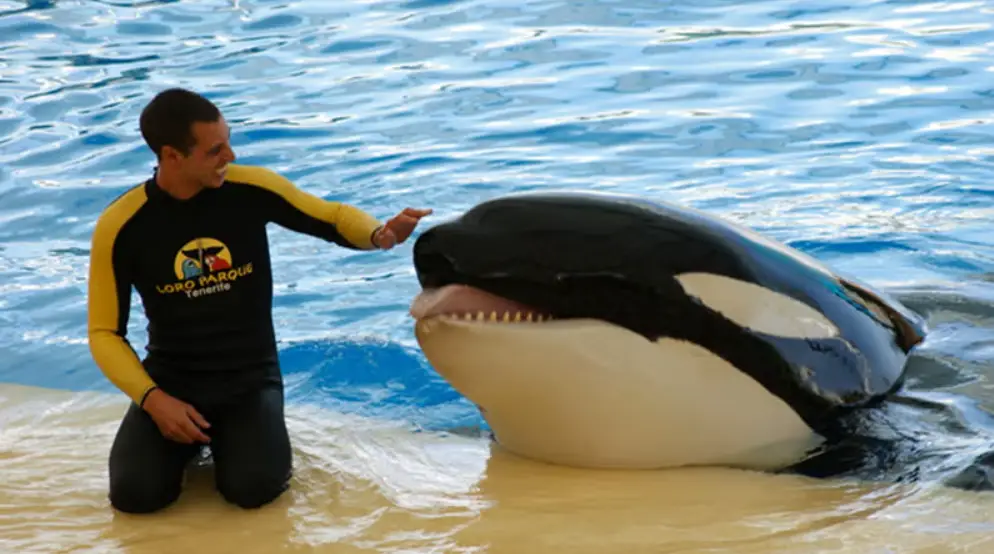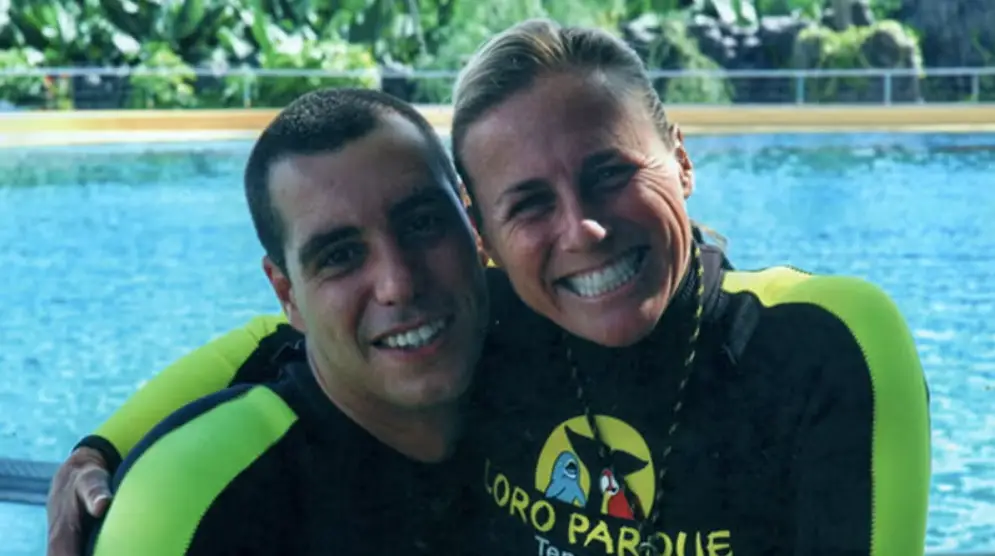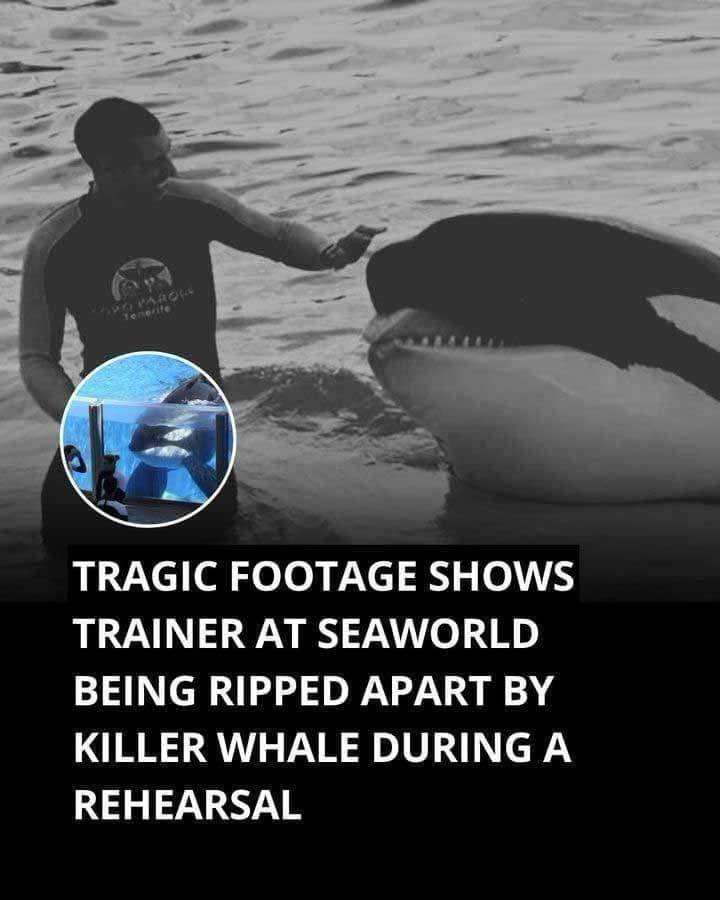In a tragic and devastating incident, SeaWorld trainer Alexis Martinez lost his life after a brutal attack by the orca named Keto during a rehearsal at Loro Parque’s Orca Ocean in the Canary Islands. The heartbreaking footage of the attack has left many in shock, sparking renewed debates over the safety of working with captive animals.
The Incident: A Tragic Loss
On December 24, 2009, Alexis Martinez, a 28-year-old orca trainer, was performing with Keto during a Christmas show rehearsal. The orca, who was on loan from SeaWorld, turned unexpectedly aggressive during the performance. Martinez was attempting to perform a stand-on spy hop, a maneuver in which a trainer balances on the orca’s back as it rises out of the water. However, Keto became disobedient, leaning to one side and positioning himself between Martinez and the stage.
The orca’s behavior quickly escalated as Martinez attempted to move slowly to another pool. Keto, instead of following the trainer’s instructions, used his rostrum (the tip of his snout) to push Martinez to the bottom of the pool. Once there, Keto aggressively played with Martinez’s body, causing significant injuries.
Despite efforts from other trainers to regain control, it was too late. Martinez suffered severe internal injuries, including multiple compression fractures and tears to vital organs. The post-mortem revealed that the cause of death was due to the serious injuries inflicted during the attack, including bite marks from the orca. Martinez’s tragic death marked a significant and heartbreaking event in the world of marine animal training.
 Alexis Martinez and Keto/ Outside
Alexis Martinez and Keto/ Outside
Concerns Leading Up to the Attack
Alexis Martinez had expressed concerns about the behavior of the orcas, including Keto, just weeks before the incident. According to Martinez’s partner, Estefanía Luis Rodriguez, he had noticed a change in the whales’ behavior, becoming more disobedient, disruptive, and aggressive. These observations were concerning to Martinez, who was a seasoned trainer working with orcas. His warnings, unfortunately, went unheeded until the fatal attack occurred.
Keto, a 6,600-pound male killer whale born in captivity in 1995 at SeaWorld, had never seen the ocean and was raised in a controlled environment. He had been loaned to Loro Parque, and despite being a trained performer, his aggressive tendencies surfaced during the tragic event.
Aftermath and Impact on the Industry
The death of Alexis Martinez led to a significant shift in the practices at SeaWorld and other marine parks. In the wake of the attack, SeaWorld temporarily suspended in-water interactions with killer whales at its parks, focusing on safety concerns and re-evaluating the risks involved in working with such powerful creatures.
The incident, which happened just two months before the death of trainer Dawn Brancheau at SeaWorld, further ignited public concerns about the ethics and safety of keeping orcas in captivity. Brancheau’s death occurred under similar circumstances, reinforcing the dangers faced by trainers working with these intelligent but unpredictable animals.
 Alexis Martinez and Dawn Brancheau/ Estefanía Luis Rodriguez
Alexis Martinez and Dawn Brancheau/ Estefanía Luis Rodriguez
Ethical Questions and Industry Response
The tragic deaths of Martinez and Brancheau have raised important ethical questions regarding the treatment and handling of captive orcas. Critics argue that holding such powerful predators in captivity not only endangers the trainers but also compromises the well-being of the animals. Many marine conservationists and animal rights activists have called for the end of orca performances and the release of captive orcas into ocean sanctuaries where they can live more natural lives.
The response from the public and the industry has been mixed. While some argue that accidents like these are rare, others feel that the continued captivity of orcas poses too many risks for both the animals and the humans who work with them.
In response to the growing criticism, SeaWorld and other institutions involved in marine animal performances have begun to emphasize conservation and education over entertainment. Some parks have even shifted to more ethical alternatives, such as non-animal performances and educational programs about marine life.
Conclusion: A Legacy of Change
The tragic death of Alexis Martinez serves as a reminder of the dangers faced by animal trainers and the ethical dilemmas surrounding the captivity of wild animals. While the industry has taken steps toward reform, including changes in how orcas are trained and displayed, the discussion about the future of marine animal performances remains an ongoing debate.
For more on related topics and the impacts of captivity on marine animals, check out the following articles:
Full Story: Pope Francis’ Heartbreaking Final Gesture to His Nurse Before Death
Full Story: Pope Francis Describes Death as a New Beginning Before His Passing
As we remember Alexis Martinez and the other lives affected by incidents like these, it’s clear that the conversation around orca captivity and trainer safety needs to continue evolving.


